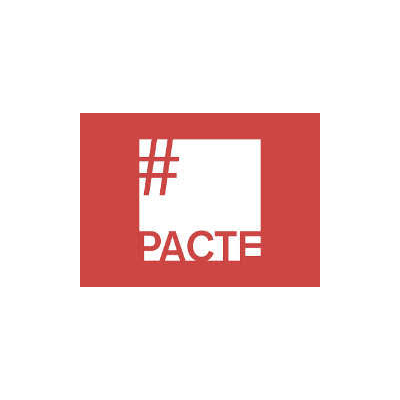

On October 9, 2018, the French National Assembly adopted at first reading, the draft PACTE law (Action Plan for Business Growth and Transformation).
Among the many measures in the draft law, some are aimed at reinforcing the development of a social and solidarity-based economy.
1- Simplifying conditions of access to “Social and Solidarity-based Enterprise” (ESUS) accreditation
Since July 1, 2015, companies can receive a “Social and Solidarity-based Enterprise” (ESUS) accreditation for a five-year period (or a two-year period for companies under 3 years old).
To be eligible for the ESUS accreditation, a company must meet the following criteria:
- – Pursue “social benefit” as its main objective (provide support to vulnerable people, contribute to combatting exclusion or inequality, take part in sustainable development, energy transition or international solidarity);
- – Prove that the burden generated by the company’s social benefit objective has a significant impact on its profit and loss account or its financial profitability;
- – Adhere to a compensation policy meeting two requirements: the average of the compensations paid, including bonuses, to the 5 highest-paid employees or managers must not exceed a yearly limit capped at 7 times the monthly minimum wage (SMIC) and the salary for the highest-paid employee must not exceed a yearly limit capped at 10 times the minimum wage (SMIC);
- – Equity securities issued by the company cannot be traded on financial markets.
For ESUS-eligible entities, the measure is aimed at facilitating access to equity capital funding, either through tax breaks (such as the IR-PME scheme), which individuals investing in such entities benefit from, or through the obligation made to funds fiscally encouraged to meet certain investment quotas in the entities concerned.
Article 29 of the draft PACTE law proposes to introduce the following improvements to the ESUS accreditation measure:
- – Facilitate access to accreditation, by clarifying the definition of “social benefit” in particular for activities related to ecological transition, cultural promotion and national solidarity;
- – Simplify the modalities for assessing the impact of social benefit activities on the business model of the companies applying for accreditation;
- – Eliminate the obligation to include the wage caps in the company statutes, and standardise the application of those caps to all eligible companies.
The possibility of setting up an online accreditation procedure is also being discussed.
2- Taking into account a company’s social and environmental aspects
Article 61 of the draft PACTE law proposes to modify Articles 1833 and 1835 of the Civil Code as follows:
- – Article 1833 with: “The company shall be managed in its social interest and taking the social and environmental aspects of its activity into consideration.”
- – Article 1835 with: “The articles of association may specify the purpose, consisting of the principles held by the company and in observance of which it intends to allocate resources for the conduct of its activity.”
The modifications are aimed at contributing to a much stronger integration of environmental law in the company governance, by highlighting the activity of companies with a genuine commitment to sustainable development.
Nevertheless, the question arises as to what extent a lack of knowledge of these obligations will create a risk of incurring liability for the company directors concerned.
The draft PACTE law will be examined by a Senate committee as from January 2019. We will keep you informed of the conditions for the effective implementation of the new measures.





